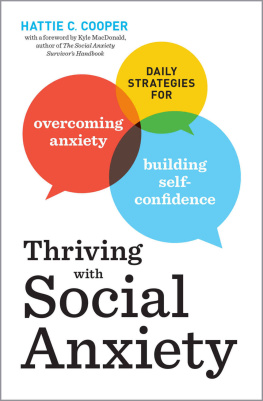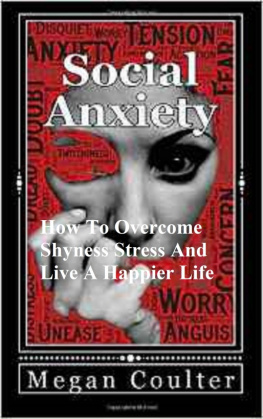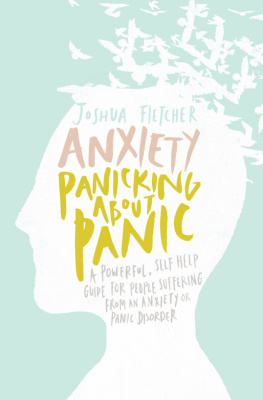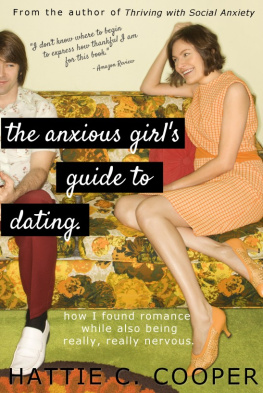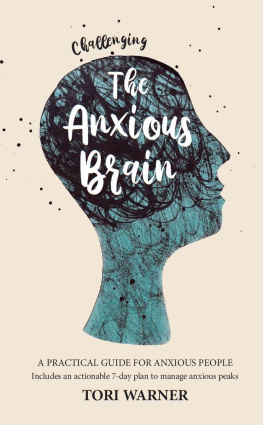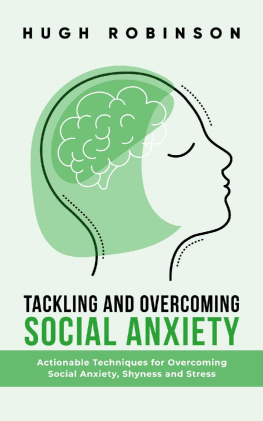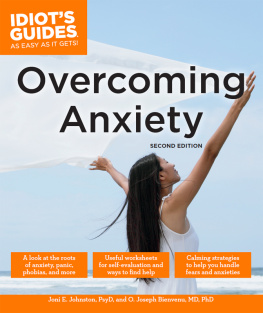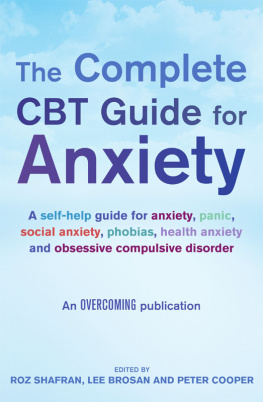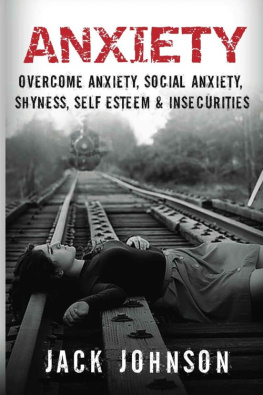Copyright 2014 by Althea Press, Berkeley, California.
No part of this publication may be reproduced, stored in a retrieval system, or transmitted in any form or by any means, electronic, mechanical, photocopying, recording, scanning, or otherwise, except as permitted under Sections 107 or 108 of the 1976 US Copyright Act, without the prior written permission of the Publisher. Requests to the Publisher for permission should be addressed to the Permissions Department, Althea Press, 918 Parker St, Suite A-12, Berkeley, CA 94710.
Limit of Liability/Disclaimer of Warranty: The Publisher and the author make no representations or warranties with respect to the accuracy or completeness of the contents of this work and specifically disclaim all warranties, including without limitation warranties of fitness for a particular purpose. No warranty may be created or extended by sales or promotional materials. The advice and strategies contained herein may not be suitable for every situation. This work is sold with the understanding that the Publisher is not engaged in rendering medical, legal, or other professional advice or services. If professional assistance is required, the services of a competent professional person should be sought. Neither the Publisher nor the author shall be liable for damages arising herefrom. The fact that an individual, organization, or website is referred to in this work as a citation and/or potential source of further information does not mean that the author or the Publisher endorses the information the individual, organization, or website may provide or recommendations they/it may make. Further, readers should be aware that websites listed in this work may have changed or disappeared between when this work was written and when it is read.
For general information on our other products and services or to obtain technical support, please contact our Customer Care Department within the United States at (866) 744-2665, or outside the United States at (510) 253-0500.
Althea Press publishes its books in a variety of electronic and print formats. Some content that appears in print may not be available in electronic books, and vice versa.
TRADEMARKS: Althea Press and the Althea Press logo are trademarks or registered trademarks of Callisto Media, Inc., and/or its affiliates, in the United States and other countries, and may not be used without written permission. All other trademarks are the property of their respective owners. Althea Press is not associated with any product or vendor mentioned in this book.
ISBN: Print 978-1-62315-623-7 | eBook 978-1-62315-624-4

QUICK START GUIDE
Would you like a quick overview of social anxiety and how anxious thoughts can affect your body?
IS AN EXCELLENT STARTING POINT
Are you looking for straightforward guidance on how cognitive behavioral therapy (CBT) can help you manage your social anxiety?
HAS EVERYTHING YOU NEED TO KNOW FOR APPROACHING CBT TECHNIQUES
Are you wondering what mindfulness is all about and how it can help relieve anxiety?
TAKE A SPIN THROUGH
Do you find yourself wanting to leave a social gathering shortly after you arrive?
FLIP TO TO LEARN HOW EXPOSURE THERAPY CAN HELP
Are you interested in practicing meditation?
TURN TO FOR A GUIDING HAND ALONG THE PATH
Are you looking for natural remedies to help relieve your social anxiety?
REFER TO TO LEARN WHICH REMEDIES MIGHT COMPLEMENT YOUR TREATMENT PLAN
Do you wonder how a healthier lifestyle can improve your ability to cope with social anxiety?
CHECK OUT FOR IMPORTANT TIPS ON DIET AND EXERCISE
Contents
Foreword
n 15 years of clinical practice, I have found that my clients who struggle with social anxiety are without question some of the most pleasant people Ive ever met they just don't know it.
People who feel anxious and shy in social situations are often more intelligent, more empathic, and more sensitive to other peoples emotional states. And, although in many ways these traits cause the problems associated with social anxiety, they also make those who display them really good company. Intelligence, empathy, and sensitivity are desirable traits in any friend or partner. In fact, a major reason I designed an entire treatment system to help people overcome their social anxiety is because I truly enjoy helping people realize that they can be great partners, great friends, and great company.
Social anxiety grows from experiences of feeling or being told that you are weird, out of place, strange, or wrong. Anxiety can develop as a result of trauma or bullying, or through a lack of sensitive, attuned parenting. And when someone with an emotionally sensitive temperamentor someone who has an innate tendency to avoid situations that provoke anxiety and strong emotionsgoes through these experiences, they may become afraid to face similar situations. This fear is fueled by the assumption that other people cause harm, and it grows into anxiety when a persons feelings about themselves become dependent on their interactions with others.
In simple terms, all successful treatments for social anxiety involve helping people see reality more clearly and allowing them to distinguish the distortions of inaccurate beliefs and intense feelings. Techniques such as mindfulness, cognitive behavioral therapy (CBT), and introspective psychodynamic psychotherapy all help by clarifying the truth behind someones anxiety and developing an awareness of how to counteract its effects.
So what is that truth? Often, its that youre a much better, more appealing person than you can comprehend and that other people are largely just as conflicted as you, but may be a little better at hiding it. Feelings arent harmful; they provide necessary information about the world around us. If other people intentionally put you down and try to provoke strong emotions in you, its often because those other people are insecure and tend toward bullying behavior to make themselves feel superior.
Armed with the right information, steady practice, and concerted effort, you can reveal the confidence that already lies within you, be as pleasant and sociable as others may already think you are, and become as good a friend as you need to be to yourself.
I hope this book helps you on your path to understanding and beating your social anxiety. If you want more information, check out my comprehensive online treatment program, ebook, and podcast at overcomingsocialanxiety.com.
Kyle MacDonald, author, The Social Anxiety Survivors Handbook
A Note from the Author
hen I was in the third grade, I came down with stomach flu right in the middle of a school day. I distinctly remember lying in the schools sickroom, the thin paper that covered the sickbed crinkling under my weight. The clock on the wall slowly ticked away the minutes as I waited for my father to pick me up. Above all, I remember the fearthe fear of not knowing what was happening to my body, the fear that my father might never show up, and the fear that I would vomit again with no control over when or how it happened.

